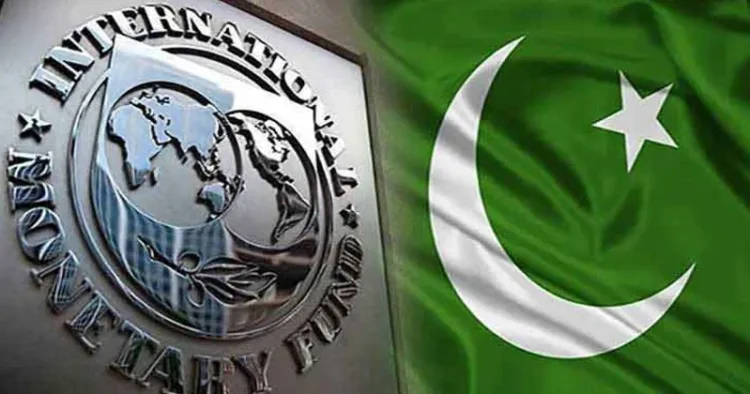The International Monetary Fund (IMF) mission has asked the Pakistani authorities to impose a tax on monthly pensions exceeding Rs 100,000, citing sources. In another ‘demand’ by the global lender, the sources said that the ‘new bailout programme’ will necessitate pension reforms, with policy talks scheduled to commence tomorrow as negotiations between Pakistan and the IMF have reached their final phase.
One of the key components of the new loan program is the imposition of a tax on monthly pensions above Rs 100,000 as ‘insisted’ by the IMF. This demand by the IMF is expected to get the necessary legislative support aimed at taxing wealthy pensioners.
As negotiations between the IMF and Pakistan continue, it is evident that the new bailout programme will mandate stringent economic measures. However, Pakistan remains committed to the IMF loan program, with no plans for its replacement.
In order to qualify for the ‘new bailout programme’, Pakistan will need to exercise fiscal discipline, curbing spending and deficits as per IMF stipulations, sources stated. Last week, the IMF mission ‘asked’ Pakistani authorities to increase general sales tax (GST) to 18 per cent.
This demand by the IMF was put forward during four round of talks with the Pakistan authorities for a fresh loan. The IMF mission observed that Pakistan’s sales tax collection system is facing problems as the centre is collecting sales tax on commodities and the provinces on services.
They further suggested that sales tax collection should only be done by the federal Govermment. The IMF also decided to end GST exemption and increase it to 18 percent on commodities and services, the sources said.
Moreover, they suggested that sales tax collection should only be done by the federal government. The international lender also demanded to end GST exemption and increase it to 18 per cent on the commodities and service, the sources said.
Additionally, during the fourth round of talks, the IMF mission also demanded that reforms in the insurance sector and the formation of a separate regulatory body. The fund also demanded privatisation of three government-owned insurance companies. The International Monetary Fund (IMF) delegation is currently in Pakistan, as the country is interested in taking another programme from the global lender to address the finance crisis.
(with inputs from ANI)



















Comments